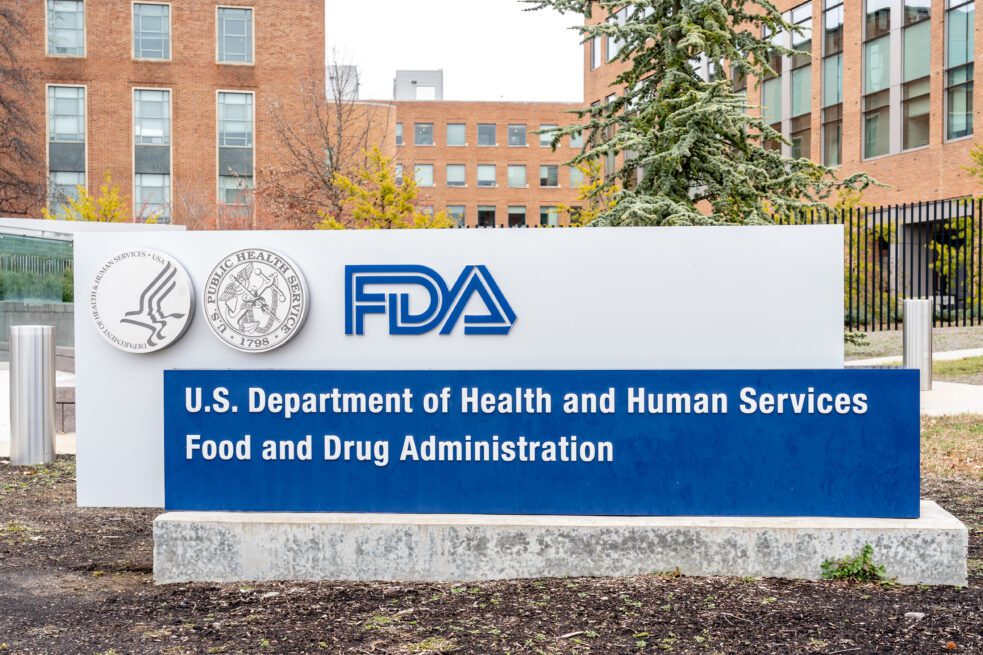For a few months now, our writer Katie Rowley has been making sense of the Food and Drug Administration’s (FDA) updates on drug safety for MedShadow readers in her columns: FDA Side Effects Updates and FDA Drug Recalls and Warnings.
These updates, which include announcements of previously unknown risks or side effects of drugs already on the market, are often buried on the FDA’s website and filled with dense medical jargon. That’s why MedShadow is committed to making them more accessible — translating complex language into clear, easy-to-understand information. But if these updates stop, the public may have no way of knowing if their medication has just been linked to a serious, or even life-threatening, side effect.
So when Rowley noticed earlier this week that one particular database — the Drug Safety-Related Labeling Changes (SrLC) — hadn’t been updated in more than 20 days, she was concerned. Under normal circumstances, she says she sees updates at least every four days or so.
“Three and a half weeks is a long time not to have any updates,” she says. Rowley pointed out that in the 13-month period from March 1, 2024 to March 31, 2025, there were 773 updates. In just the month of March 2025, there were 92 updates. As of April 24, 2025, there have been zero for the month of April.
The drugs mentioned in these side effect updates are medications people take every day, such as non-steroidal anti-inflammatory drugs (NSAIDS), antipsychotic medications and Ozempic.
Some of MedShadow’s most-read Side Effect Update articles include:
Two New Side Effects of Ozempic
Antipsychotic Drugs and Breast Cancer Risk
NSAIDS and Life Threatening Reactions
Depo Provera and Brain Tumors, Veozah Boxed Warning and More
Gadolinium Contrast Agents and Lung Problems
After noticing the lack of updates, Rowley reached out to the FDA to inquire about the inactive status of the SrLC database, but received only an automated reply.
“Thank you for contacting the Division of Drug Information (DDI), your email is very important to us. Due to the HHS restructuring, effective April 1, 2025, our response time may vary. Thank you for your patience. You may also reach DDI by phone at 1-855-543-3784. If you reach us by phone, please let us know if you already sent an email.”
When I called the FDA’s 1-855 information line, a pharmacist confirmed that database updates had been delayed due to restructuring at the Department of Health and Human Services (HHS). After a brief hold, she said, “It looks like because of our HHS restructuring, some of the updates to many of our databases are delayed. We don’t have a specific date when that will be alleviated, but they are working on it.”
On April 24, 2025, Axios published an article with quotes from FDA officials who also confirmed Rowley’s suspicions. The officials told Axios that after layoffs of FDA staff, updates to databases that alert healthcare professionals and consumers to issues with drug quality and adverse events have been slower than usual and sometimes omit key information.
Staffing isn’t the only issue. Safety alerts — typically published within hours to protect consumers — have been delayed, potentially due to a new policy put in place in late January 2025 that required all health communications to be approved by the Department of Health and Human Services (HHS). An official told Axios that a recent alert about a joint pain supplement tainted with a corticosteroid and an NSAID took two weeks to be published, potentially leaving consumers unknowingly taking both drugs during that time.
“If you’re having to send everything through a central office, that’s really going to slow things down,” notes Rowley.
Timely, accurate information about drug safety and side effects is critical to MedShadow’s mission. The foundation continually advocates for increased transparency from regulators. If this lack of current safety information concerns you, we strongly recommend that you contact your representatives and ask them to prioritize ensuring the safety of our medications.
Use this link to find the contact information for your local representatives:
https://www.usa.gov/elected-officials
If you need help as to what to say, use this script as-is in an email, or refer to it during a phone call:
I’m one of your constituents, and I’ve recently learned that approval bottlenecks and FDA staffing cuts have led to delays and gaps in public warnings about tainted medications and newly discovered drug side effects.. I’m contacting you today to ask you to prioritize the health of your constituents by fighting to retain FDA staff and expedite crucial external communication.






